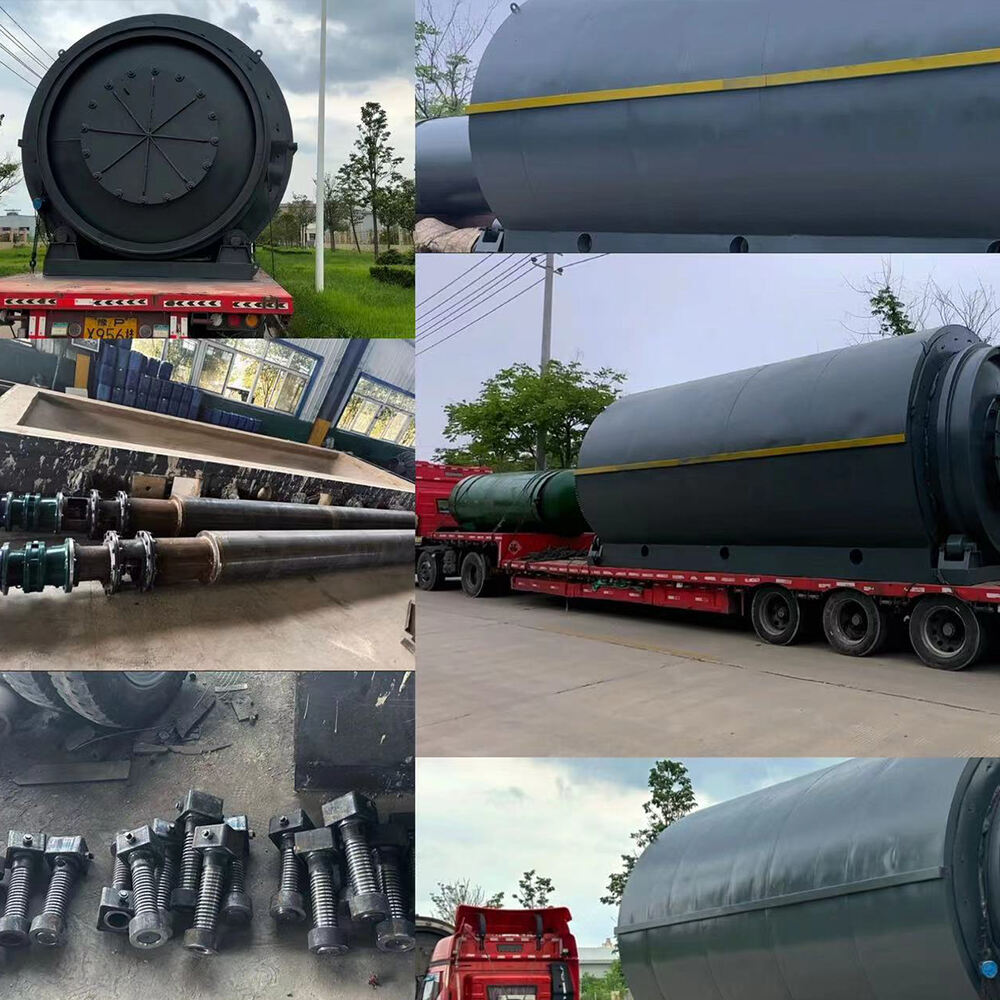Waste Oil Conversion Technologies Overview
Distillation: Turning Waste Oil into Refined Fuels
Distillation plays a major role when turning waste oil into usable fuel products. The basic idea involves heating the oil until it starts to vaporize, with lighter parts rising up through the distillation tower where they get captured, while the heavier stuff stays at the bottom for collection later. This works really well with certain types of waste oil, including those from old cooking oil and industrial mineral oils. These materials break down quite effectively during the process, making them good candidates for creating various kinds of fuel that industries need. Many refineries have adopted this approach because it allows them to handle different waste streams and produce quality end products without too much hassle.
Studies have shown that distillation can significantly improve the quality of fuels compared to untreated waste oils, making them more energy-efficient and environmentally friendly. Advancements in distillation technology have led to more efficient systems with reduced emissions, making it a more sustainable option for oil refinery processes.
From a money standpoint, setting up distillation systems often pays off big time because businesses spend less on getting rid of waste and actually create something they can sell, like refined fuels. Many manufacturing plants find this setup appealing since it helps them get more energy back from their operations while cutting down on what goes into landfills. For instance, chemical producers have reported saving thousands annually just by processing waste materials through these methods instead of paying disposal fees. Plus, the cleaner emissions profile makes regulatory compliance easier too, which adds another layer of financial benefit beyond direct cost reductions.
Pyrolysis: Thermal Breakdown for Resource Recovery
Pyrolysis involves the thermal decomposition of waste oil in the absence of oxygen, breaking it down into volatile gases and solid char. This technology is particularly effective with certain types of waste oils, such as those rich in hydrocarbons, which readily undergo chemical changes under high temperatures.
Studies have shown that pyrolysis works pretty well when it comes to producing oils and gases from waste materials, many of which can then be turned into usable energy sources after some refining. What makes this process stand out compared to regular recycling techniques is the specialized equipment used. Pyrolysis typically requires reactors built to handle extreme heat conditions something most traditional recycling systems just aren't designed for. These differences mean pyrolysis can tackle certain materials that would otherwise go unprocessed through conventional means.
Pyrolysis creates valuable secondary products such as syngas and biochar alongside its main outputs. The side products offer extra money making opportunities while helping manage resources better since they cut down on waste and boost energy recovery rates. When businesses incorporate pyrolysis into how they handle waste, both their bottom line and environmental impact tend to get much better over time. Many industries have found this approach pays off in multiple ways at once.
Environmental Benefits of Eco-Friendly Solutions
Reducing Landfill Waste and Emissions
Used motor oil ends up in landfills where it creates serious problems. As it breaks down over time, these landfills release methane gas, one of those powerful greenhouse gases we all hear so much about. The good news? There are actually pretty cool ways to handle this stuff instead of just tossing it away. Technologies like distillation and pyrolysis can turn old oil into useful fuel products. Landfills really do produce tons of methane each year, and recycling waste oil helps cut back on that harmful output. Governments around the world have started putting rules in place to encourage proper disposal and recycling practices for used oils. Plenty of companies have already jumped on board with these solutions, cutting down both what goes into landfills and their overall emissions levels. When businesses adopt these approaches, they're not just following regulations but making real progress toward cleaner air and soil, something that matters a lot in today's climate conscious world.
Closed-Loop Systems for Circular Economies
Closed loop systems are really taking off when it comes to making waste management sustainable, and they play a big part in what we call circular economies. Basically, these systems take used oil and put it back into the production process instead of just throwing it away, which cuts down on the need for brand new raw materials. The savings add up fast too. A study by the Ellen MacArthur Foundation actually showed that going circular could slash the need for fresh materials by around 25% through better reuse of existing stuff. Governments across the globe are starting to push businesses toward these kinds of systems, especially for things like old motor oil recycling. Take a look at companies already running closed loop operations - they're seeing real results. Some have cut their reliance on outside suppliers while others report noticeable cost reductions over time. Getting serious about these green approaches isn't just good for the environment; it makes business sense too if we want to move toward cleaner energy solutions and protect our planet for future generations.
By integrating these technologies, businesses not only comply with contemporary environmental standards but also unlock innovative pathways toward sustainability.
2024 Small-Scale Waste Oil Distillation Machine
Multi-Material Processing Capabilities
Small scale distillation units stand out because they can work with all sorts of different waste oils. They handle everything from old car motor oil to crude oil leftovers, plus those tricky pyrolytic oils and used lubricants too. Technology has come a long way lately, so now these machines actually tackle mixed batches or contaminated samples that would have gone straight to landfill just a few years back. The manufacturers behind them keep tweaking designs to make sure these systems last longer while running better than ever before. Some operators report getting months between maintenance stops, which makes sense when looking at how efficiently these systems turn garbage oil into something useful again. We're seeing more interest in this tech as businesses realize there's real money in recycling oil instead of buying new stuff, especially with all the buzz around green initiatives and keeping materials in circulation rather than throwing them away.
Output: Diesel, Gasoline, and Asphalt Production
These machines break down raw materials through distillation to create all sorts of useful stuff including diesel, regular gas, and road paving material like asphalt. Diesel continues to be in huge demand across transport industries because it powers everything from trucks and buses to construction equipment and backup generators. Making these fuels from recycled stuff actually saves money in several ways. Take diesel production for instance the price tag drops quite a bit when companies use distilled crude instead of going through traditional refineries. We're seeing more and more companies figure out how to turn old cooking oil and other waste products into quality fuels. Some garage operations have already cracked the code on turning trash into cash while keeping their costs low. Industry experts back this up too, pointing out both financial savings and environmental perks. When we replace standard fuels with recycled alternatives, we cut down on those nasty emissions that pollute our air and water systems.
Eco-Conscious Design with Noise Control
Green design principles play a big role when updating small distillation units, especially when trying to cut down on noise problems. Regulations around factory noise get pretty strict these days, so companies are getting creative with new materials and tech to keep their machines quiet. Some engineers we talked to mentioned how adding special acoustic panels inside the equipment can really bring down those annoying buzzes and hums while running. Distillers who've upgraded report they notice a huge difference in their workspace atmosphere. The lower noise levels mean fewer headaches for workers and generally safer conditions too. Looking at actual data from several plants, there's clear evidence that controlling noise isn't just about comfort either. Quieter operations actually lead to better workflow and higher output rates across different production settings.
Applications of Recycled Oil Products
Industrial Fuel for Machinery and Generators
Industrial machines and generators across many facilities now run on recycled oil products including diesel and gasoline variants, which serve as greener alternatives to standard fossil fuels. More factories and plants are making the switch because these recycled options perform just as well if not better than regular fuel while cutting down on pollution and saving money at the same time. Some numbers suggest that recycled oils match or even beat conventional fuels in terms of actual performance metrics. We're seeing real results in places like manufacturing plants where equipment runs smoother, and transport companies that report lower maintenance costs after switching over. Jane Doe, who works as a sustainability engineer for several major corporations, has seen firsthand how reliable these recycled oils are when put through their paces in tough conditions. Of course there are hurdles too. Getting old equipment to work properly with new fuel types takes some tinkering, and keeping a steady supply isn't always easy either. But with careful planning and some adjustments along the way, most businesses find they can successfully integrate these eco-conscious fuels into their operations without sacrificing productivity.
Black Diesel in Agricultural and Mining Sectors
Recycled oil known as black diesel is becoming popular among farmers and miners because it works well for tough jobs. Farmers and miners find it cheaper than regular fuel while being better for the environment too. Switching to black diesel actually cuts down what they spend on running their machinery and helps protect nature at the same time. Some real world examples back this up. One big mining operation cut their fuel bill by about 30% when they started using black diesel instead of traditional options for their heavy equipment. The stuff works great in tractors, bulldozers, and other heavy machinery where saving money matters most. Governments around the world are also getting behind sustainable fuels like black diesel through various incentive programs. These initiatives aim to cut pollution levels and push industries toward cleaner energy sources, which ultimately makes farming and mining operations more sustainable long term.


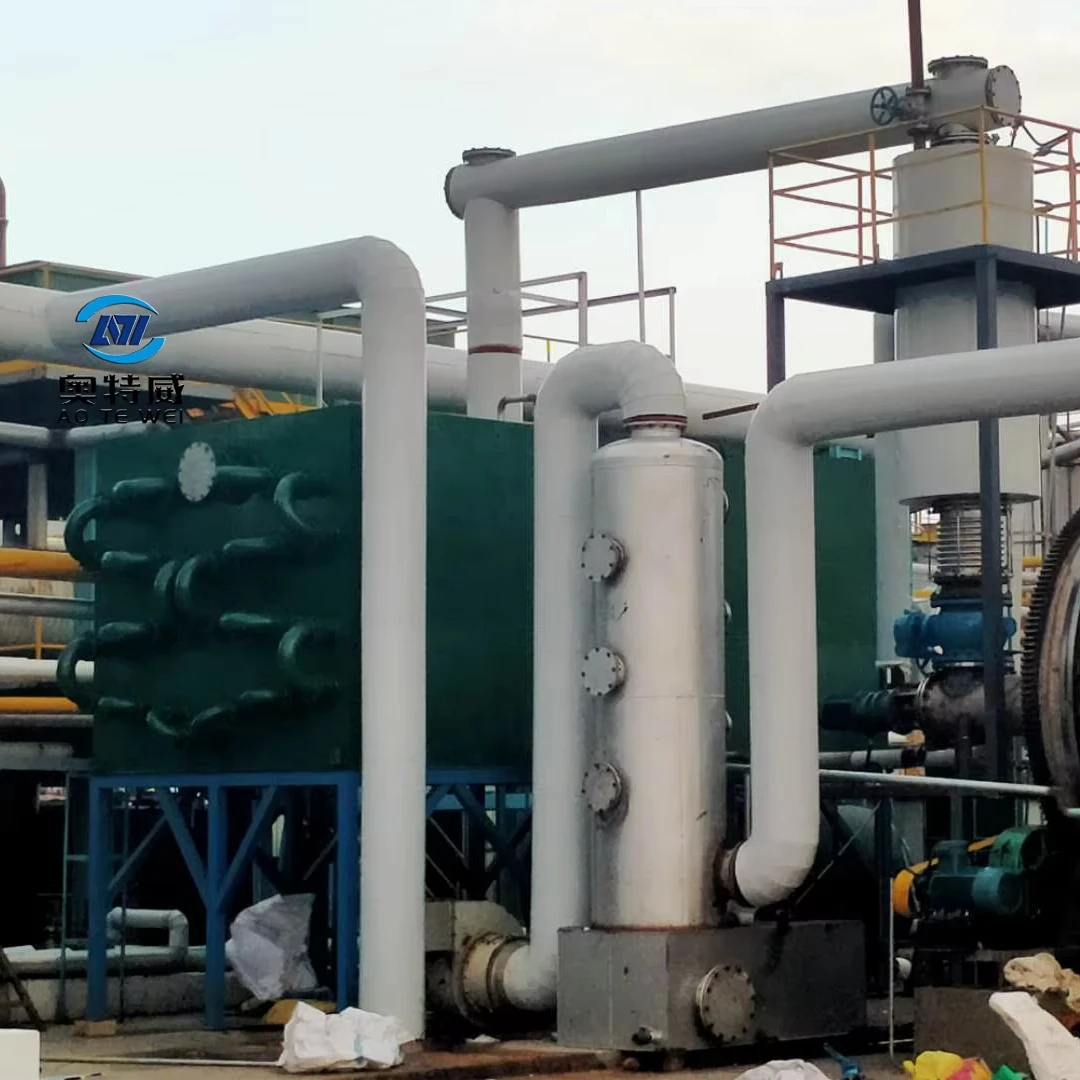
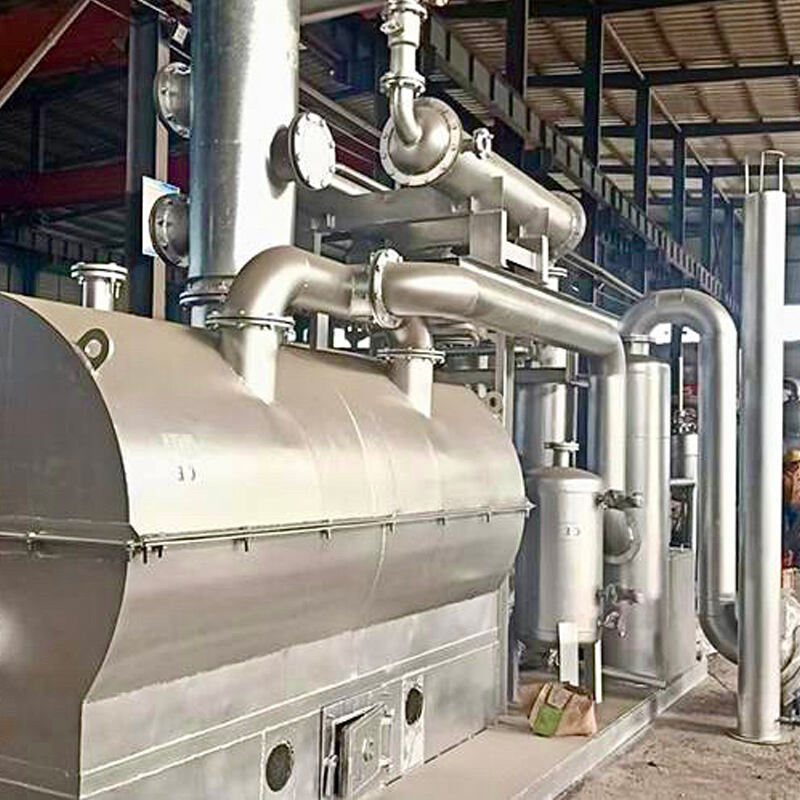
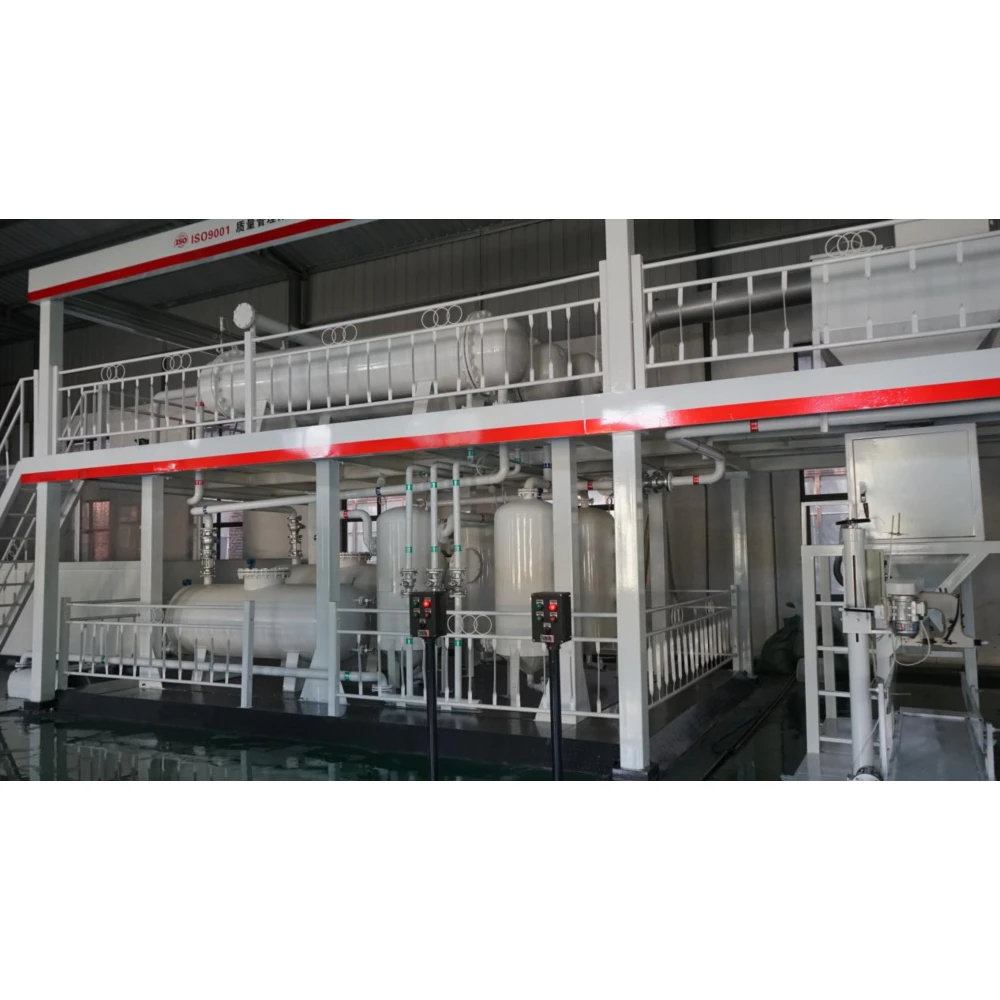
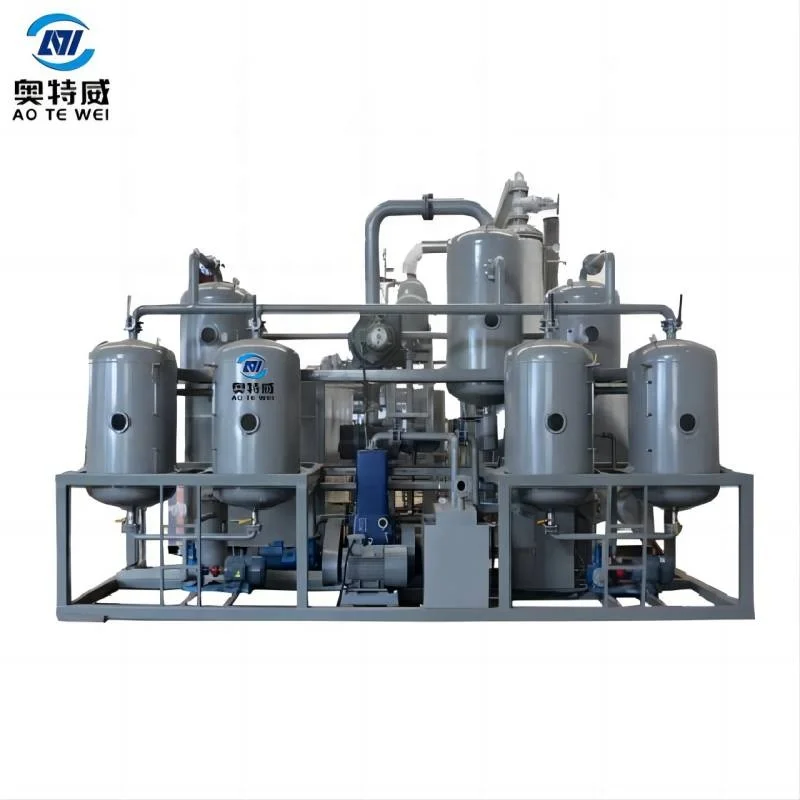
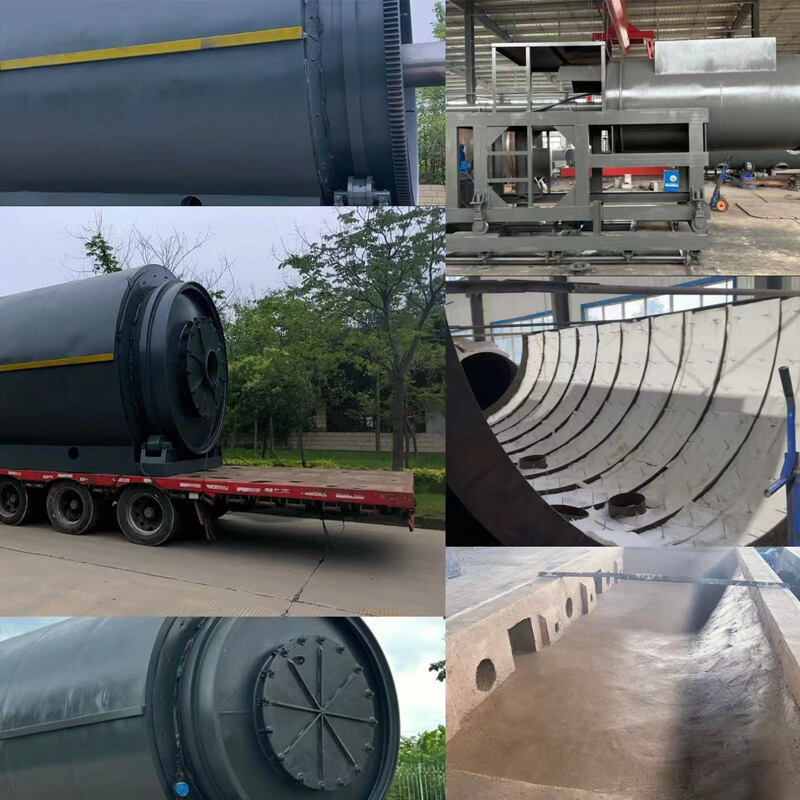

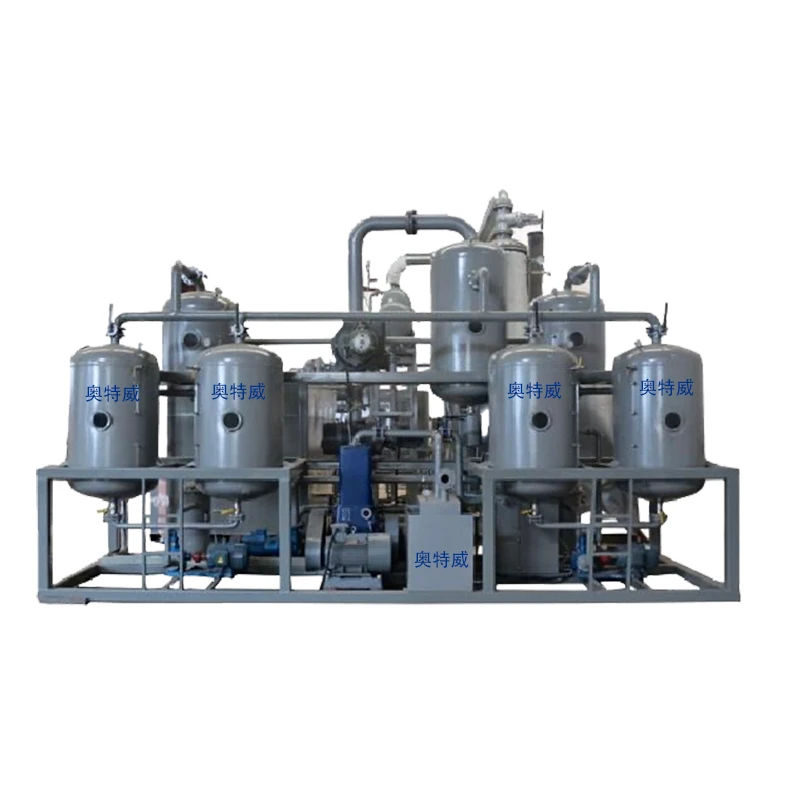
 Hot News
Hot News